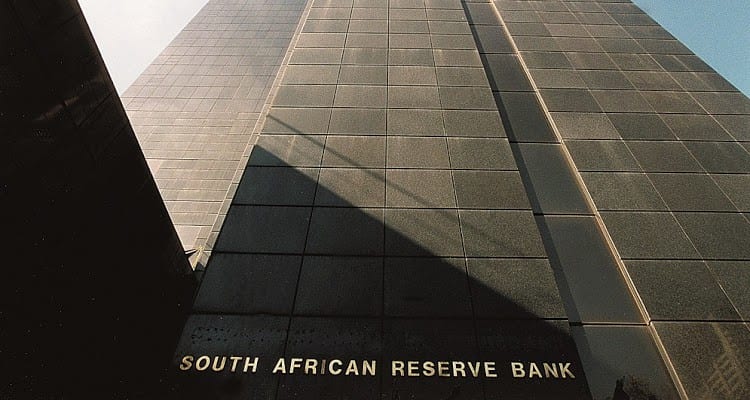President Cyril Ramaphosa should be congratulated for heeding the call for him to speak out and stop the confusion caused by his ANC comrades over the future of the central bank.
This is what is expected of the head of state, taking immediate action when things go wrong.
His statement yesterday reasserting the independence of the SA Reserve Bank will go a long way in restoring the citizens’ as well as investors’ confidence that government knows what it is doing.
As we stated yesterday, there is nothing wrong with the debate over whether the bank’s mandate should be expanded to include growth and employment.
In a country with such a huge unemployment rate and where economic inequality remains extremely high, we cannot afford to be ideological about any possible solution. All options need to be explored. But responsibly so.
It is not our place to tell the ANC, or any political party for that matter, how to conduct their business.
The reality, however, is that the ANC is the country’s governing party and what it says is taken seriously because it has the power to influence government policy.
It is with this in mind that we suggest that, given the sensitivity of economic policy issues, the party should consider limiting the number of people who communicate decisions on such matters in order to avoid the kind of confusion that causes damage to the economy.
While its secretary-general, in this case Ace Magashule, is the chief spokesperson for the party, he may not be the best to propagate the party’s line of march in matters economic.
It is therefore important that when issues like “quantitative easing” and the independence of the central bank are discussed, the party sends out specialists who would be able to clearly argue the intentions of such proposals and be able to field questions that may arise as a result.
But all of this would not help if the party continues to sing from two different hymn sheets as it seems to be currently doing.
It is high time ANC leaders realised that their factional battles are not more important than the responsibility they have as a ruling party to ensure stability and policy certainty.

